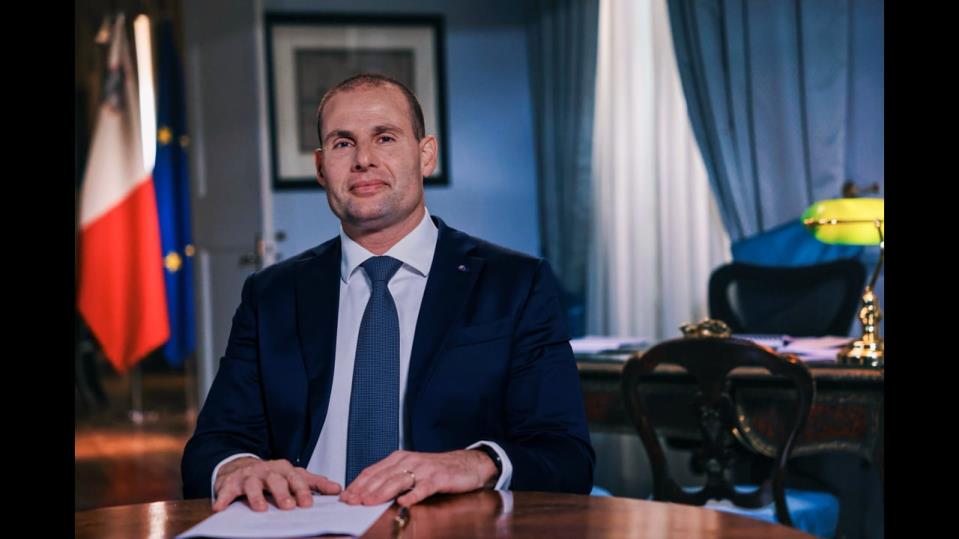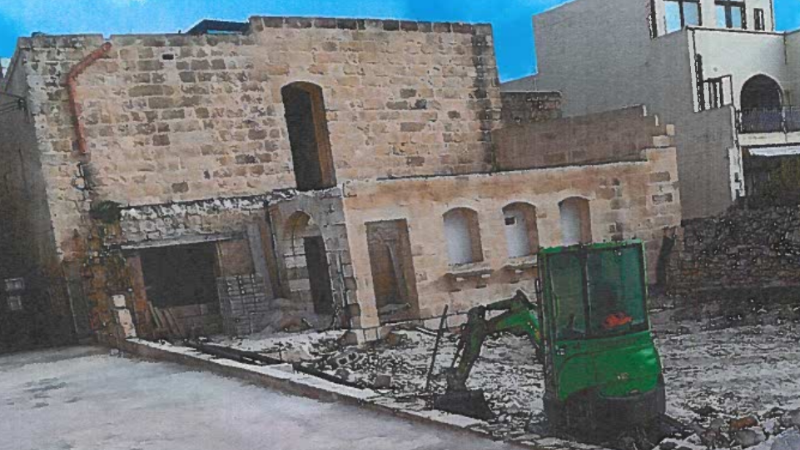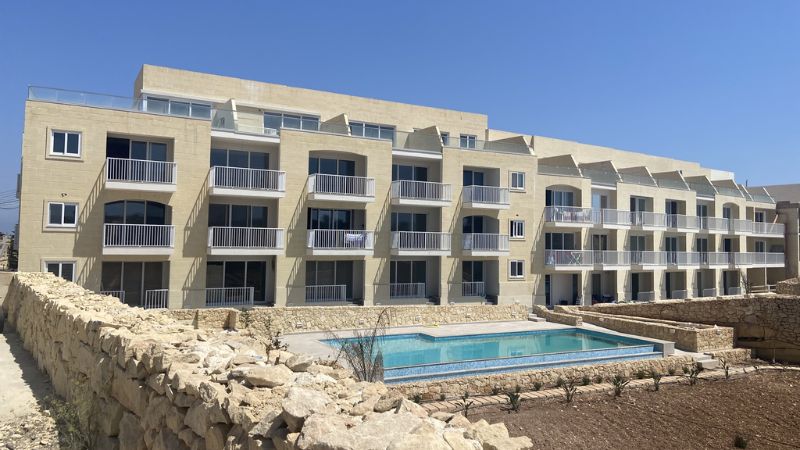The denials from Tourism Minister Clayton Bartolo and Gozo Minister Clint Camilleri, claiming that neither of them has any conflicts of interest when controlling the excessive commercialisation of Comino, are remarkably revealing.
Their claims expose what a limited understanding our public officials have of what constitutes a “conflict of interest” and, like many similar-sounding replies from others before them, reaffirm the dogged unwillingness of the government to address this pervasive problem within much of the country’s public administration.
Conflict on Comino
Last week, The Shift revealed that the father and uncles of Bartolo are the owners of a company that operates daily ferry trips to Comino, and more recently, revealed that one of the two licensed deckchair operators at the Blue Lagoon, Mark Cutajar, served as a ‘canvasser’ for Camilleri during this year’s general election.
Any policies or decisions on the preservation of Comino fall within the remit of both Bartolo and Camilleri’s ministries and although the issue of over-commercialisation in Comino has been ongoing for years, Bartolo has been reluctant to commit to any significant changes in the area. To date, he has only promised to ban all deckchairs and umbrellas from being placed on the sandy part of Blue Lagoon and has loosely referred to a management plan for Comino which has been in the works since around 2016.
In comments to The Shift, a spokesperson for Minister Bartolo said that “clearly, there is no conflict of interest” and added that “Minister Bartolo never had any financial interest or held any position in the company that you are referring to which has been in operation for nearly three decades”.
Repeated denials
Bartolo and Camilleri are not the first public officials to flatly deny the suggestion that there may be a conflict of interest.
Last week The Shift reported that Prime Minister Robert Abela re-appointed Joseph Portelli’s architect, Maria Schembri Grima, as head of the Building and Construction regulator. When confronted about her obvious conflict of interest, Schembri Grima defended her position by stating that her role was on a non-executive basis.
Before that, there was Alicia Bugeja Said whose election campaign was largely funded by fishing industry moguls. She is now the parliamentary secretary for fisheries – but she denies having any conflict of interest.
Even Prime Minister Robert Abela felt that his own defence of the Maksar brothers did not constitute a conflict of interest when he decided on Vince Muscat il-Koħħu’s pardon request.
When the former Minister for Justice Edward Zammit Lewis sat on the Standards Committee to decide about improper relations between Yorgen Fenech and Rosianne Cutajar, he decided that his own close relationship with Fenech didn’t constitute a conflict of interest.
What is a conflict of interest?
This apparent lack of knowledge by many of our ministers on what constitutes a conflict of interest is staggering considering that there are numerous international guidelines, including by the OECD, that offer clear definitions of the issue and even offer recommendations on how these can be managed.
According to the World Bank’s Good Practices Guide to preventing and managing conflicts of interest in the public sector, countries define conflict of interest differently, but the following three elements are usually present. These are the public official, the official action, and the private interest (usually of a pecuniary nature). The guide adds that “if not managed appropriately and left unresolved, a conflict of interest can lead to corruption. As seen from the definition above, in situations of conflict of interest, the private-capacity interests of the public officials may improperly influence the decision-making process”.
Article 13 of the Council of Europe Model Code describes a conflict of interest as “a situation in which the public official has a private interest which is such as to influence, or appear to influence, the impartial and objective performance of his or her official duties. The public official’s private interest includes any advantage to himself or herself, to his or her family, close relatives, friends and persons or organizations with whom he or she has or has had business or political relations”.
A legal source contacted by The Shift defined a conflict of interest as “a situation that can objectively give rise to a reasonable perception that someone may not be in a position to exercise their duties or functions properly due to the circumstances pertaining to that particular situation”. They added that to determine whether there is a conflict of interest “One has to examine the circumstances pertaining to the particular situation, the mere statement of affirmation or denial is not sufficient”.
Back to Bartolo
The above definitions illustrate why the reply sent to The Shift by Bartolo’s spokesperson stating that Bartolo never had any financial interest or held any position within his father’s company does not sufficiently address the minister’s potential conflict of interest.
What is also being underscored is that conflicts of interest for Bartolo and Camilleri may arise when they’re drawing up or deciding on a management plan for Comino that may or may not include reducing the number of ferry trips carried out by pleasure craft to Comino or the removal of deckchairs to reduce the pressure on the Natura 2000 site.
When former Justice Minister Edward Zammit Lewis was confronted about his friendship with Yorgen Fenech, he insisted that as minister responsible for the justice sector, he always served his duties “diligently and, more important, proactively”.
So proactive was Zammit Lewis that the reforms recommended by The Council of Europe’s anti-corruption watchdog GRECO, for managing conflicts of interest (recommendation ix) have not yet been implemented.
In their recommendations, Malta was required to establish clear guidelines for managing conflicts of interest as well as procedures and deadlines for solving conflict of interest situations. The government reported that “discussions are underway regarding drafting a policy”. Nevertheless, GRECO noted that “no procedures or deadlines have been put in place”.
“In the absence of any guidance on the matter, as well as consistent management of situations of conflict of interests, public employees are left to their own devices in determining whether there is a potential or actual conflict of interests and whether they should report it. This is clearly insufficient”.
Much like those reforms that would have far-reaching consequences in the fight against corruption, those in government are hoping that by refusing to clearly delimit the problem, then they can claim it does not exist. Alternatively, those in government understand there is a problem, but should it be clearly defined, managed, and solved, then there’s the risk it might affect a lot more individuals than our authorities may care to admit.













In this online/ digital age, what would be the journalistic equivalent of doing a Martin Luther and nailing this on parliament’s doors?
Besides that The Shift should investigate a kiosk which is run by a High Official of Transport Malta employed in Gozo who is also a Big Canvasser of Clint.